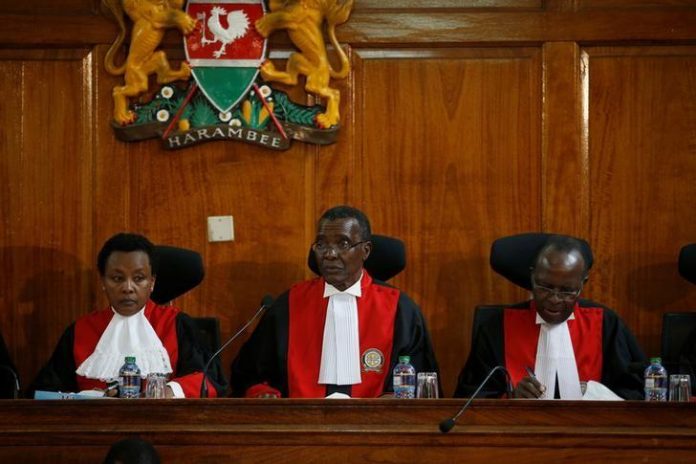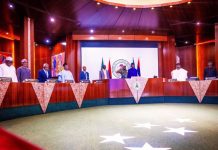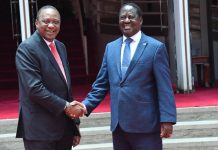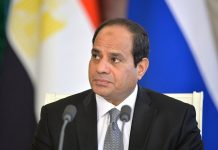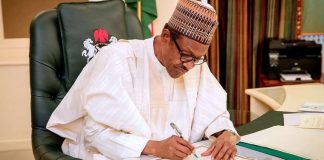The Supreme Court in Kenya confounded almost everyone last Monday when it upheld the re-election of President Uhuru Kenyatta by dismissing the two petitions filed to overturn the country’s October 26 presidential election re-run. Chief Justice David Maraga, pointedly said that Mr. Kenyatta was duly re-elected despite the boycott of the main opposition party, NASA.
The ruling, which has paved the way for Mr. Kenyatta to be sworn in on November 28 for a second term, is expected to bring to a close what has been a divisive and often deadly election process. But this is not likely because the opposition leader, Raila Odinga, had earlier vowed that he would not recognize the winner of that election. Last September, Justice Maraga annulled the August 8 election due to “irregularities and illegalities”, in a historic decision hailed across the globe as an opportunity to deepen Kenyan democracy.
However, the ruling, a rare victory for the veteran opposition leader only deepened acrimony and protests that have leftover fifty people dead — mostly at the hands of police — since the first election. Accusing the Independent Election and Boundary Commission, IEBC, of failing to make fundamental reforms to improve the vote, Raila Odinga withdrew from the October ballot and urged his followers to boycott it.
In the run-up to the vote, a top election official fled the country, claiming that the poll would not be credible, and IEBC chairman, Wafula Chebukati himself said he could not guarantee a free and fair election. According to reports, Election day was marred by chaos in opposition strongholds. The boycott handed President Kenyatta a landslide victory of 98 percent, although voter turnout was only 39 percent.
This time, Mr. Odinga and his NASA coalition did not go to court to challenge the second election, but a former politician and two rights activists did. They pointed to procedural questions, the toxic democratic environment, and Mr. Chebukati’s own questioning of the process.
However, the six-judge bench dismissed the petitions in a matter of minutes. In his reaction, Mr. Odinga said the ruling “did not come as a surprise”, nor did it alter his opposition to a government he regards as illegitimate. “It was a decision taken under duress. We do not condemn the court, we sympathize with it,” he said. News of the court’s decision sparked celebrations in President Kenyatta’s strongholds.
But while many will be breathing a sigh of relief that the four-month election process is drawing to an end, tensions remain high and it is still not clear how Mr. Odinga’s supporters would react to the swearing-in of President Kenyatta tomorrow.






